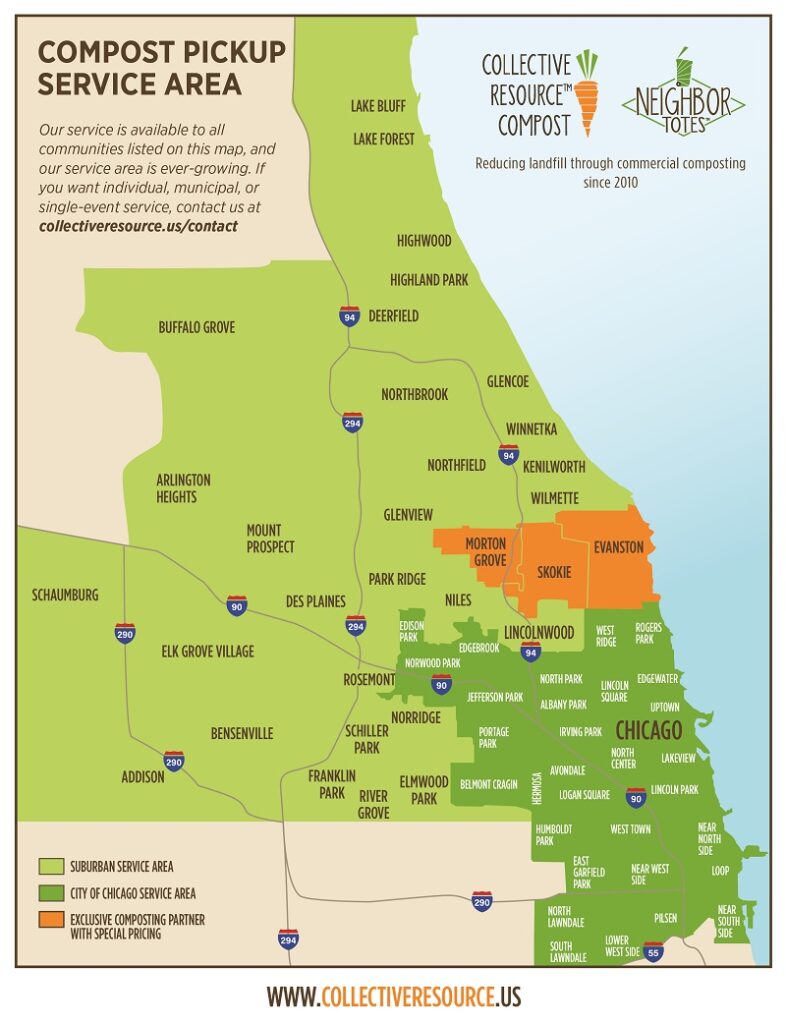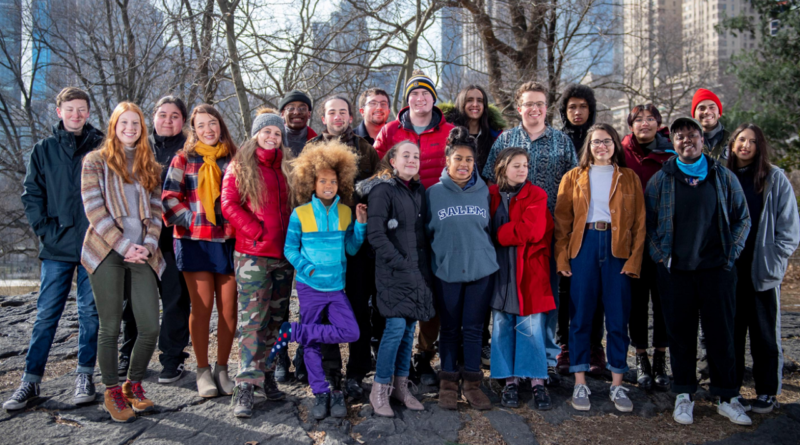Ten Years of Environmental Good
Podcast: Play in new window | Download (Duration: 1:55:02 — 55.1MB)
Subscribe: Apple Podcasts | Spotify | Android | iHeartRadio | Podchaser | Email | TuneIn | RSS | More
(February 21, 2021) We didn’t plan it. But sometimes, things fall together in a good way. That’s what happened for today’s show. Quite by accident, we care celebrating ten years of environmental good by two separate organizations. One is a business. One is a not-for-profit group. Both, in full disclosure, are sponsors of this show. But they are both working to change our world in good ways.
Ten years of the One Earth Film Festival
We start with the One Earth Film Festival, this year celebrating “10 Years of Inspiring Change.” The parent organization of the event has a new name: One Earth Collective. But its film festival remains a major part of its operation. This year, it features more than 25 outstanding short and feature-length films. It’s also the first fully virtual version of this event, and it runs March 5 to March 14. Though most film watch parties are free, there is a suggested $8 donation. Visit oneearthfilmfest.org for a festival schedule and to reserve your tickets.
YOUTH v GOV
YOUTH v GOV is the story of America’s youth taking on the world’s most powerful government. In case you haven’t guessed, that’s our government…assuming you live in the United States. Since 2015, 21 plaintiffs, now ages 13 to 24, have been suing the U.S. for violating their constitutional rights to life, liberty, personal safety, and property through its willful actions in creating the climate crisis these young people will inherit.
The official name of the case is Juliana v. United States. If you think this is another example of do-gooders tilting at windmills, you might be surprised by the reaction of the U.S. Court of Appeals for the 9th Circuit.
The circuit court’s decision split the case into two separate questions: Can someone prove that the government is responsible for policies that triggered climate change; and is the American court system the place to answer that question? Put another way, a judge may find someone guilty of bank robbery and impose a jail sentence as punishment. But that judge might not know how to punish the U.S. federal government for disrupting the climate, even if a jury decided the government was guilty.
Like the best documentaries, YOUTH v GOV weaves a good story while being an educational vehicle. For instance, if you have a notion that, when it comes to fossil fuels, Democratics have been the good guys while Republicans have been in the wrong camp, or vice-versa, you’re going to be disabused of that notion. The film lays out the decisions over more than sixty years that have led us to the precipice of climate catastrophe, and there are few lawmakers who come out as heroes.
Another thing you will learn–if you didn’t know it already–is that the wheels of justice grind slowly. You need look only at the timeline of the court case (scroll down the page) on the attendant site, Our Children’s Trust. Even better, watch the film and how some of the children plaintiffs quickly morph into adults over the course of the legal battle.
Christi Cooper, who directed, wrote and co-produced the documentary, joins us today.
Plastic Crisis: Our Oceans in Peril
While YOUTH v GOV is about our youth and their struggles during our climate crisis, the One Earth Film Festival also features films by those youth. Even in the midst of a pandemic, some 149 students age 8 to 25 created and submite films to the One Earth Young Filmmakers Contest. 10 of those films will receive top prizes at 3 p.m. Saturday, March 13, in the Awards Celebration, while 15 Honorable Mention films will be screened during the Earth Day Festival in April.

Students were challenged to create a 3-to 8-minute live-action film or a 45-second minimum animation/stop-motion that inspires environmental change or action. The prizes ranged from $100 to $1,000 and were awarded at these levels: elementary school, middle school, high school, college, and post-grad, with additional awards for creativity and animation. In addition, most winners also received a matching gift to donate to a nonprofit of their choice that supports the theme of their film.
14 year old Shannon Germaine visits us today to talk about her film, Plastic Crisis: Our Oceans in Peril. She packs a lot of information in her 6-minute film, which won the High School Award. While she lives in Maryland, she attends Conclara School in Ann Arbor, Michigan. She writes,
I am a young filmmaker who wants to make a difference and call attention to the catastrophic effects of plastic waste in our world. The plastic we create today will be on this earth for many generations; there is no ‘undo’ button. Yet single use plastics continue to dominate our lives. I hope that I will call attention to this problem through my documentary short film.”
Ten years of Collective Resource Compost
Okay, we’re cheating just a little bit. We celebrated the ten year anniversary of Collective Resource Compost with founder Erlene Howard last July. But close enough. All you need to know is that CRC has diverted 7,000 TONS of food scraps from landfills since 2010. Here’s how it works:

Our residential composting service provides door-to-door pickup of food scraps and other compostable matter. We provide a 5-gallon bucket to your family and then weekly or biweekly pick up the food scraps and take them to a commercial compost site. We leave a clean bucket for you to continue your collection for the next pickup. Most households work with some kind of countertop container and then empty into the big bucket when needed. Some customers choose to keep the bucket outside with a brick or flower pot on top, or it can be put out on your pickup day.
Commercial composting is different than yard composting. At a commercial site, you can compost anything that was once alive, including animal products and food-soiled paper. Click here for a complete list.
Erlene thinks that 2021 will be the year of municipalities diving into compost. She notes that, starting April 1, the Chicago suburb of Deerfield will be providing a cart to handle organic waste for every family home. When it comes to commercial properties in Deerfield, CRC will be working with Lakeshore Recycling to collect food scraps. The Solid Waste Agency of Lake County, Illinois (SWALCO) has information about which items can be picked up.
One way to get food scrap composting in your neighborhood is to contact your City leaders and request a program. You can see a list of Illinois municipalities that currently have composting programs, courtesy of the Illinois Food Scrap Coalition (IFSC).
I couldn’t agree with Erlene Howard more when she says the key to environmental justice is educate, educate, educate. In her own words, “What’s good for the people is good for the planet, let’s stop poisoning both.” Amen, sister. One of her goals in 2021 is to help business communities restart compost programs that have taken a hit during the pandemic. We’ll investigate the various ways that individuals, families, businesses and municipalities can get on the composting bandwagon when she drops by today.


Great post!
Thank you, Nancy.